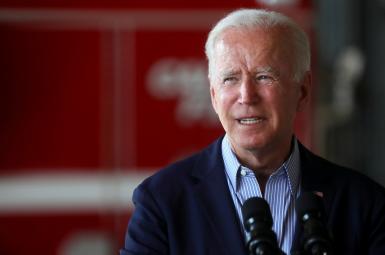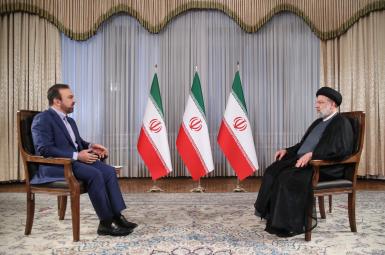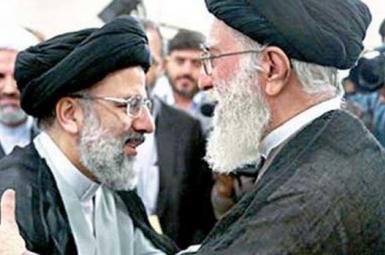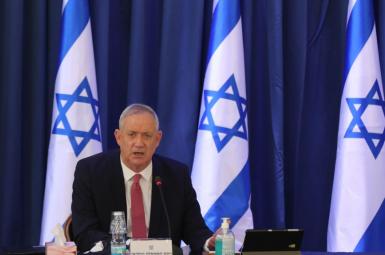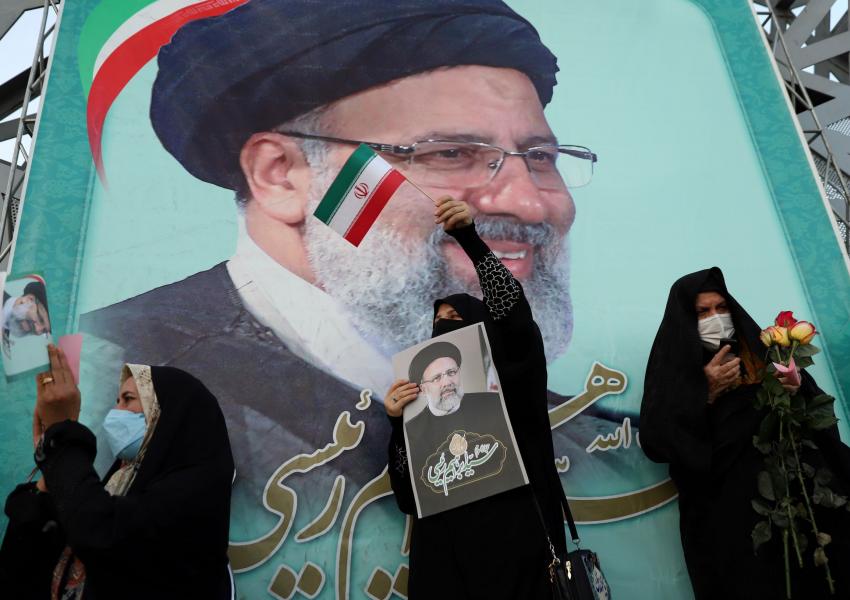
Iran's Raisi Was Selected, Not Elected
Opinion By Dr. Daniel Jafari and Mr. Bryan E. Leib
In the middle of June, the Iranian people elected a new president with high voter turnout to move the nation forward towards peace and prosperity. Or did they?
First let’s tackle the term “elected” and the “high voter turnout”. In any democracy, the people of the nation are the ones who decide who will be placed on the ballots and then who to vote for on election day. For example, in the United States of America, candidates must circulate nominating petitions that are signed by registered voters. These registered voters sign the nominating petitions to throw their support behind a candidate to help them secure their place on the ballot. There is not a council or governing body that decides who can run for office – only the people can decide that.
In the Islamic Republic of Iran, the rules are much different. Candidates for public office in the country are vetted by the Guardian Council, a 12-member body of clerics and jurists who are either directly appointed or nominated by Supreme Leader Ali Khamenei or Iran’s Chief Justice, respectively. There was no shortage of candidates this year as roughly 590 Iranians applied to be considered for the elections.
Of the 590, only seven candidates were selected, and all of these candidates were men. The Supreme Leader has little respect for diversity. Ultimately, Raisi, was anointed as the front runner, and none of the other candidates ever had a chance.
Two of the most serious contenders who posed a challenge to Raisi were disqualified – former President Mahmoud Ahmadinejad and former Parliament Speaker Ali Larijani. The Guardian Council never presented a reason for its decision.
The possibility of even semi-free or fair elections in Iran is a myth, perpetuated by regime talking heads in America and Europe. The Supreme Leader and his top hardline supporters have the ultimate authority and candidates may be disqualified for the flimsiest of reasons, and very often the Guardian Council does not even bother with giving an official explanation for their mass disqualifications.
The elections are rigged from the outset. The Iranian people know this, and they’ve had enough of it. By all accounts, this past election was a record low voter turnout. Of the more than 59 million eligible voters only 17.9 million voted for Raisi, which is an absolute minority, a 48 percent turnout compared with around 70 percent in past presidential elections.
Not only the majority stayed home on election day—around 3.5 million of those who voted cast void ballots. The Iranian people boycotted this year’s elections, and the voter turnout proves this is the case.
Now, let’s address the second part of our opening statement. While we and millions of Iranians seek peace with their neighbors, peace with Israel and prosperity for all Iranians, Raisi and the Islamic Republic’s elite do not share these desires.
With the selection of Raisi, we can be guaranteed Tehran will:
Continue to chant “Death to America” and “Death to Israel”.
Continue to re-write history by refusing to acknowledge the Holocaust took place.
Continue to censor the voices of the Iranian people by restricting social media apps and limiting internet usage.
Continue to imprison and execute Iranians who speak out against the regime, without fair trials.
Continue to spend billions every year funding their terrorist proxies around the world such as Hamas, Hezbollah and the Houthis. (Hamas and Hezbollah are both listed on the U.S. State Department’s Foreign Terrorist Organization list).
Continue to support the honor killings of LGBTQ members of the Iranian community.
Continue to severely restrict women’s opportunity in the workforce.
Continue to oppress the religious minorities inside Iran.
In short, the Islamic Republic will continue to censor, oppress and murder their own citizens while funding terrorism around the world. We long for the day when the people of Iran will be able to choose their candidates for elections.
It’s incumbent on all nations, their leaders and their citizens to publicly speak out against the Iranian regime and in support of the Iranian people. The day will come when the people of Iran can enjoy the freedoms that so many citizens of the world enjoy.
Until that day comes, we will continue raising our voices in support of the Iranian people and we hope you will join us in doing so.
The opinions expressed by the authors do not necessarily reflect the views of Iran International
